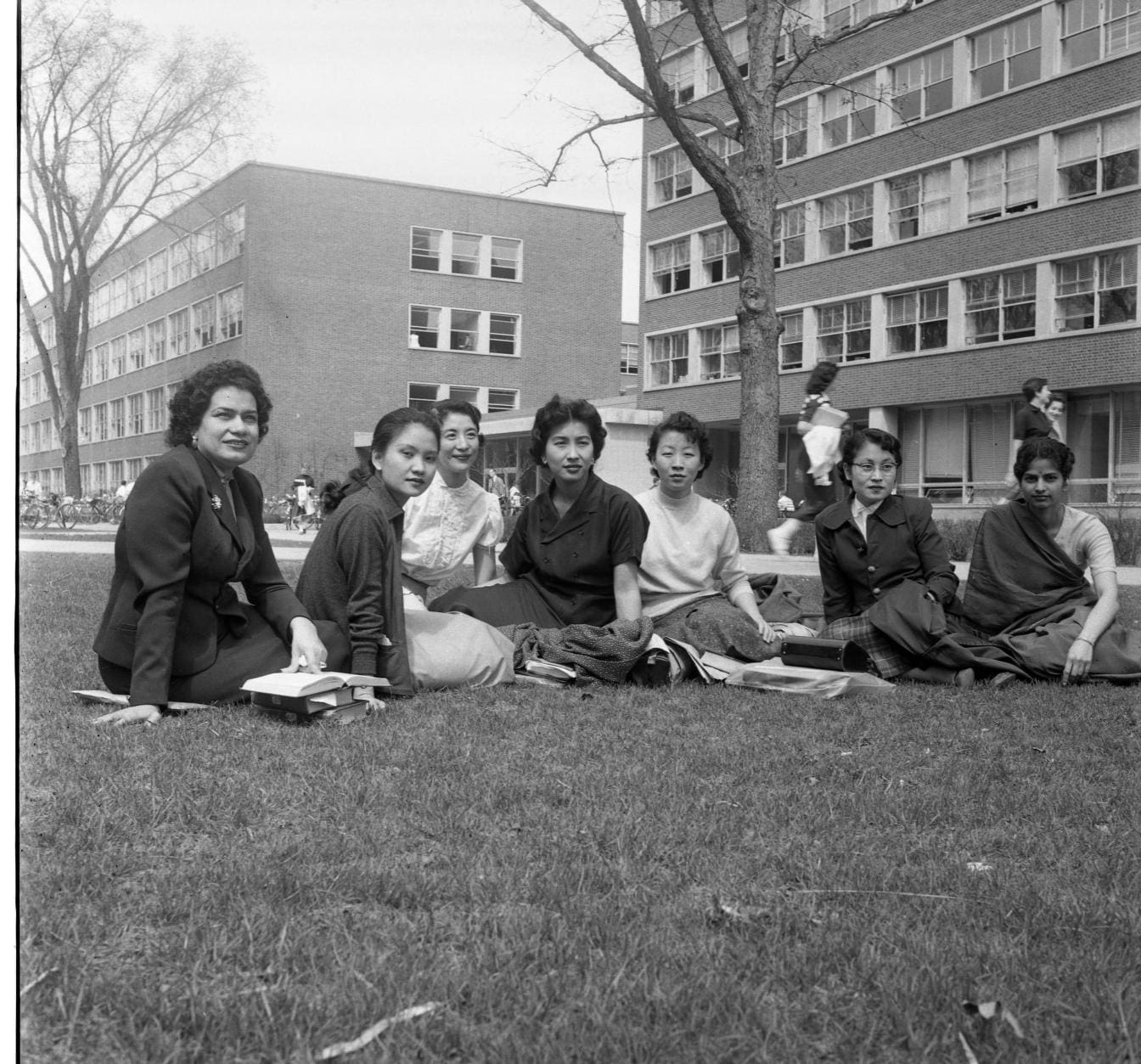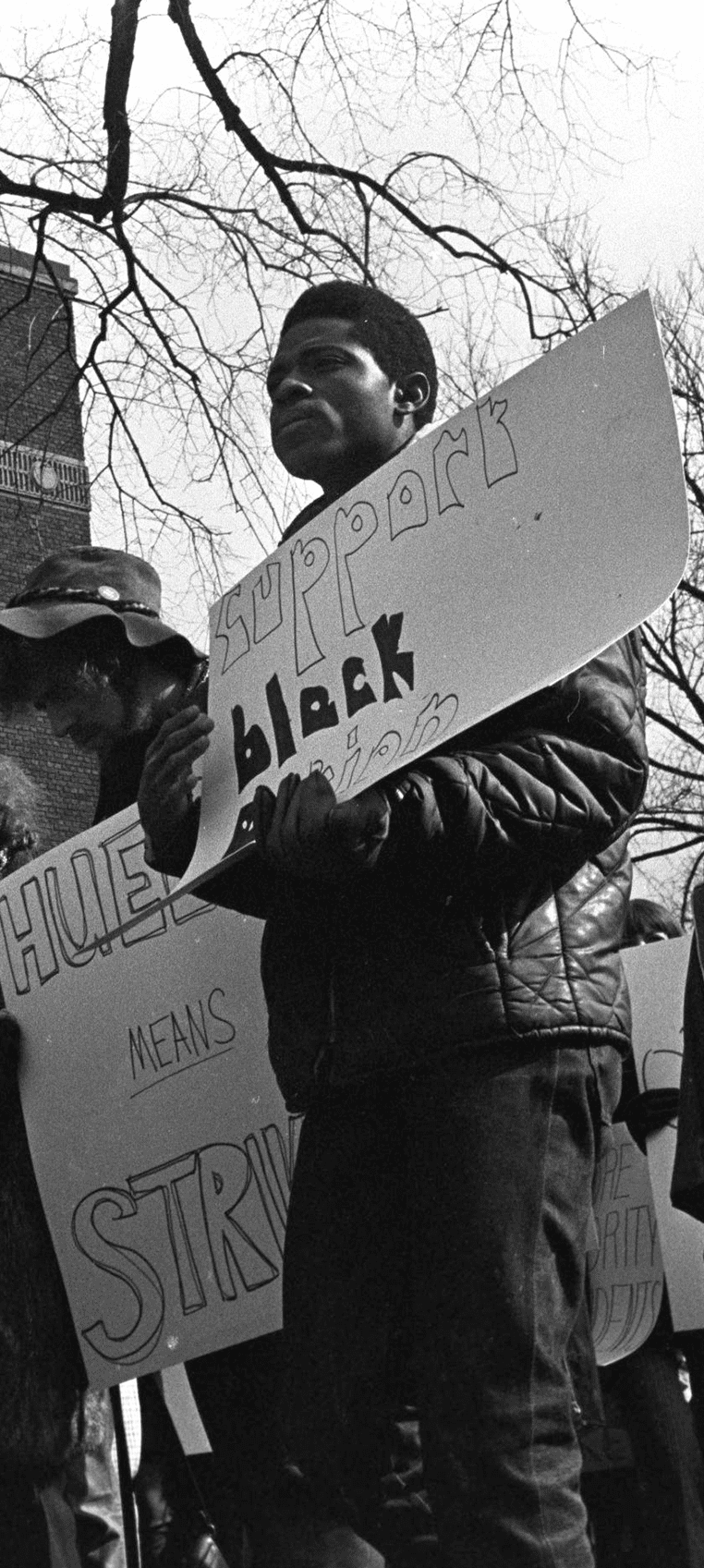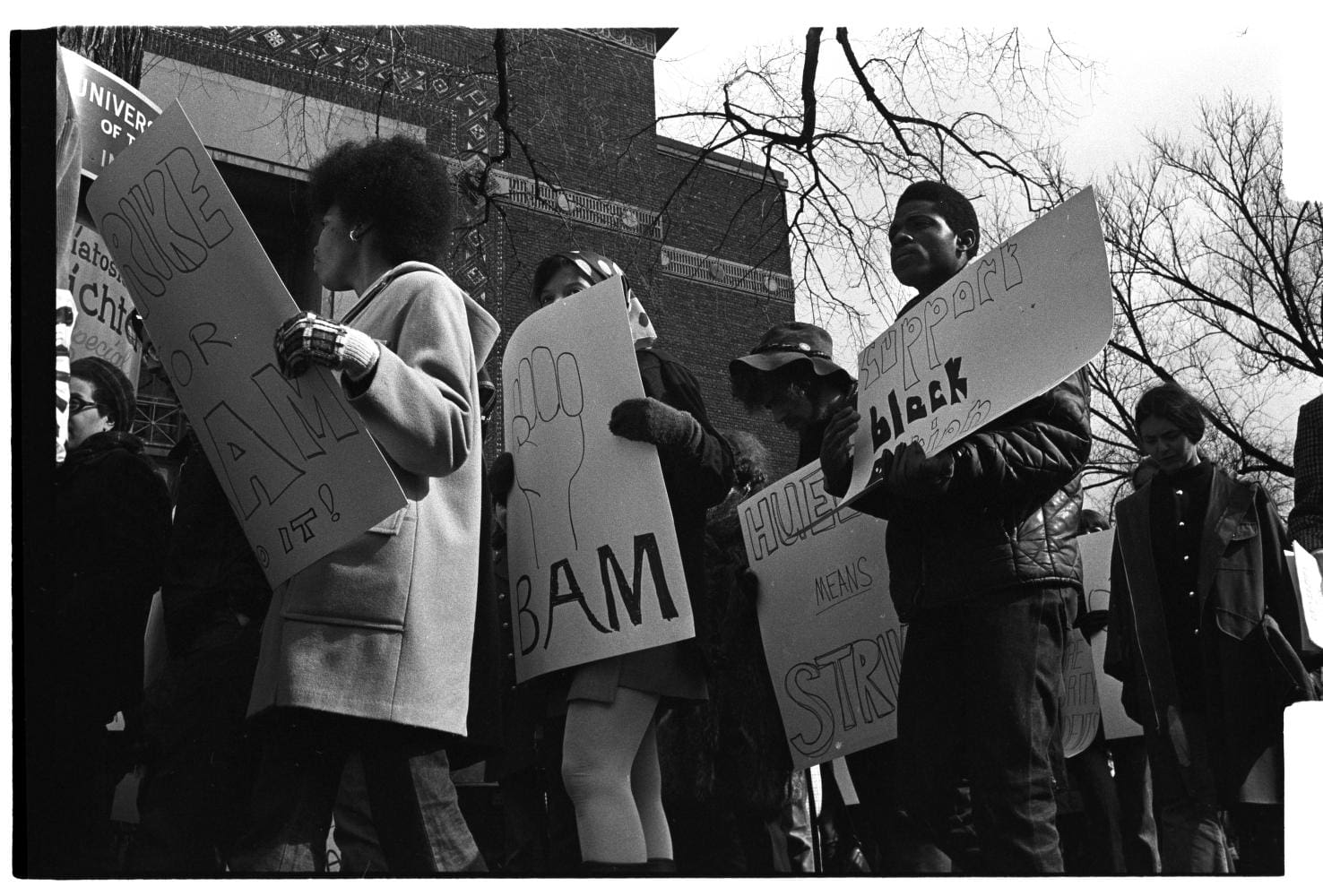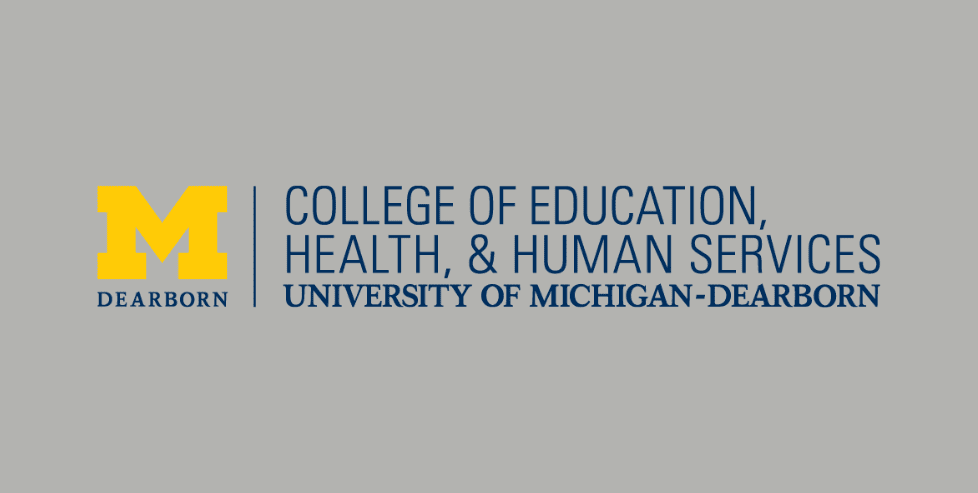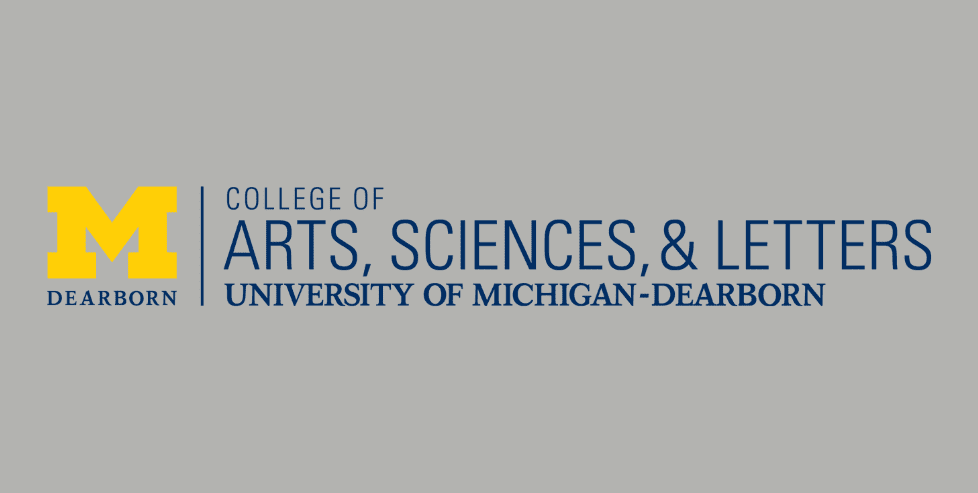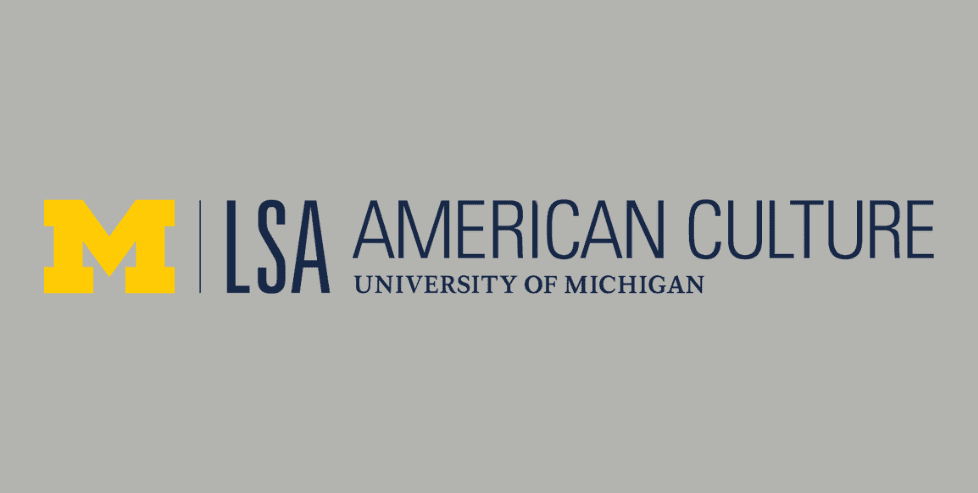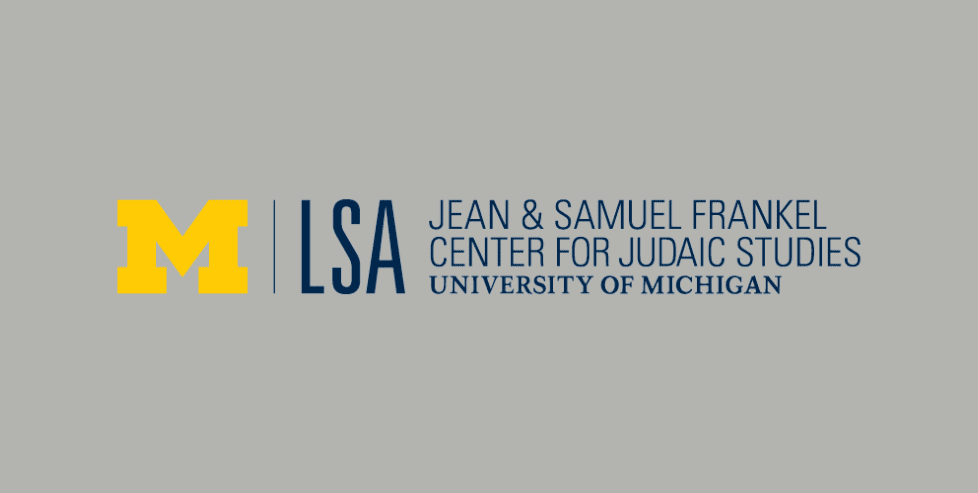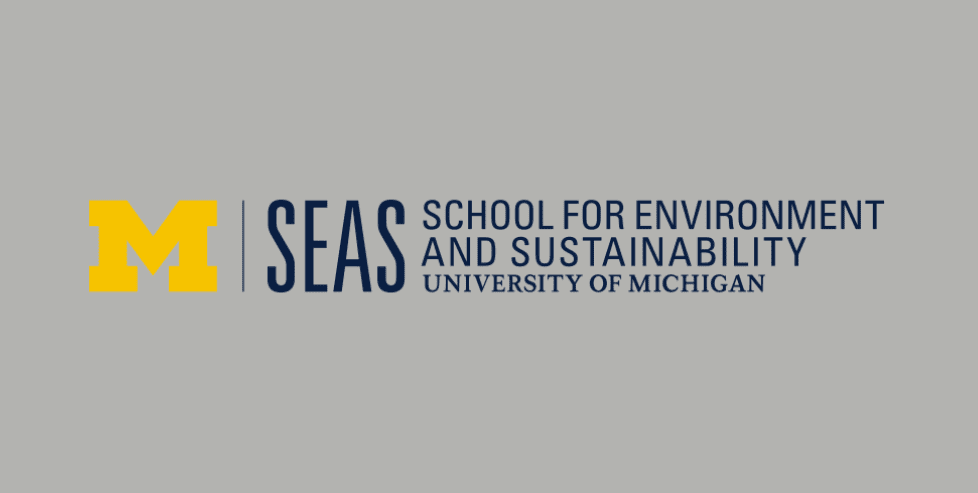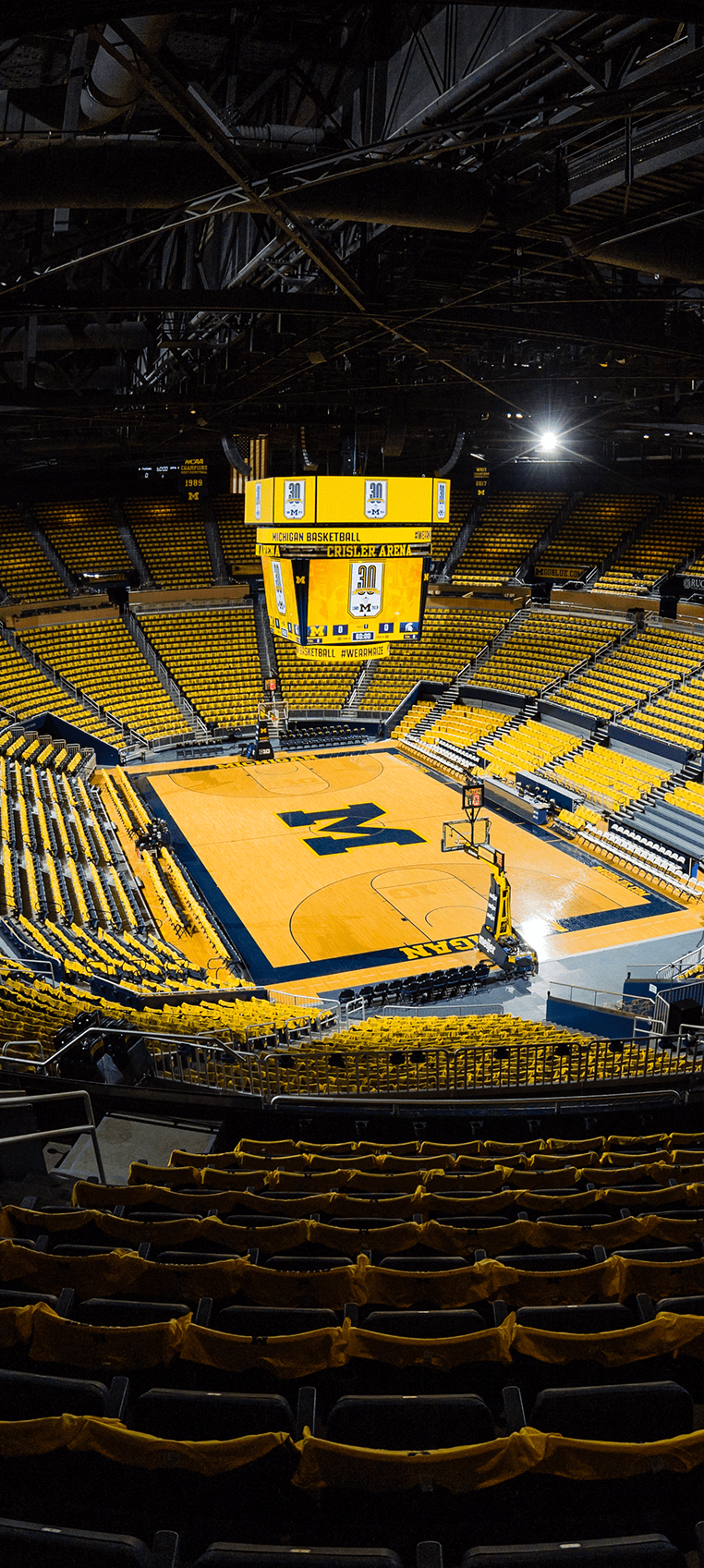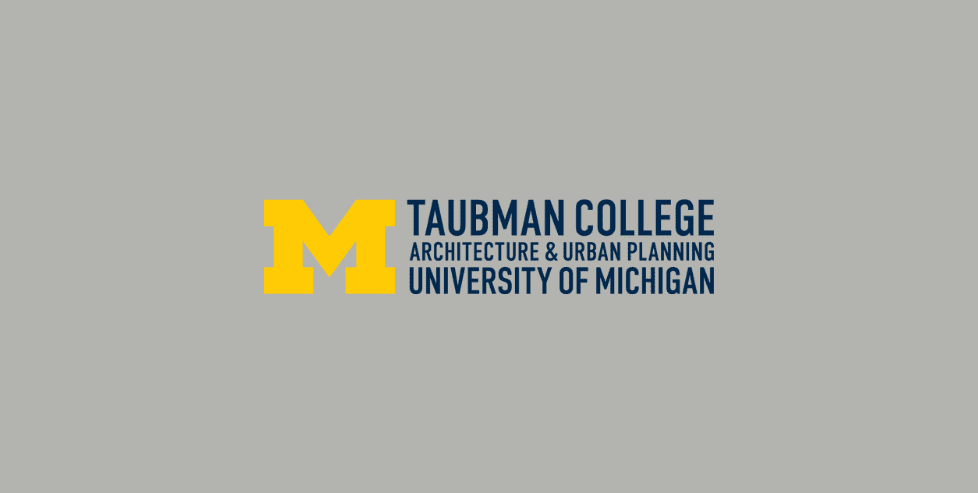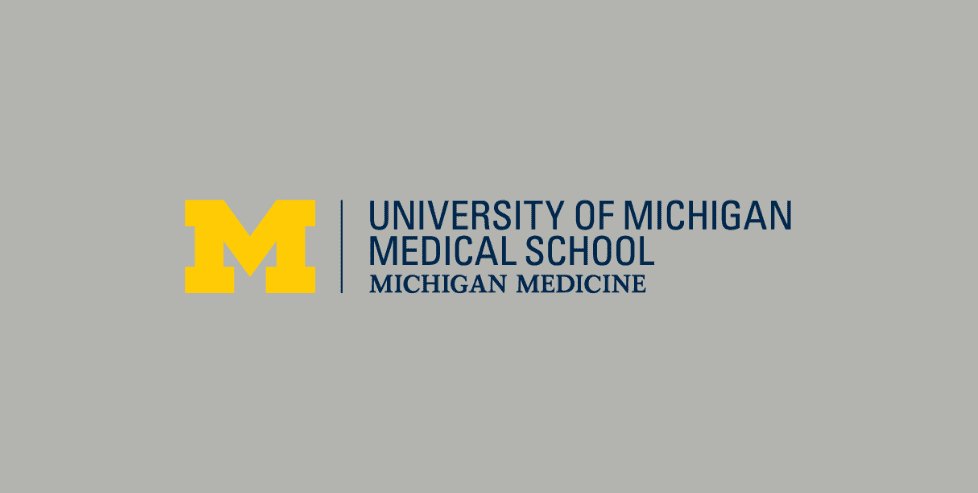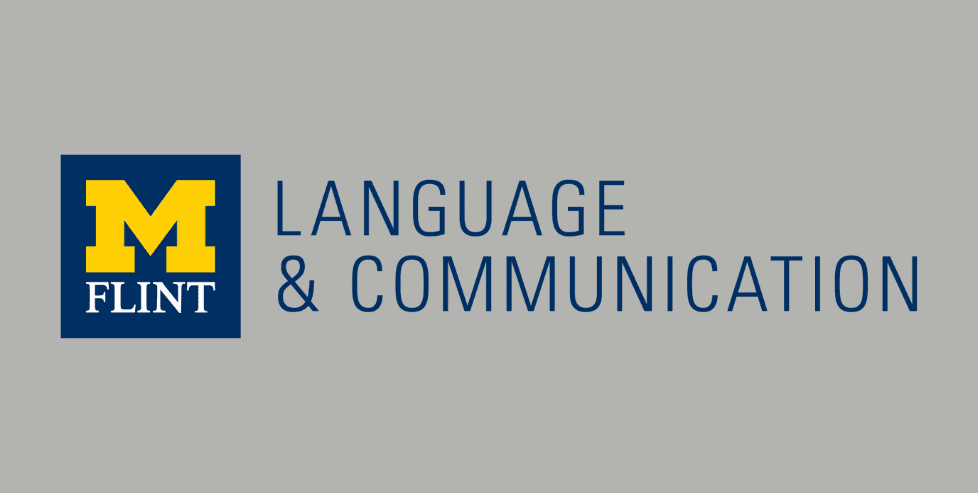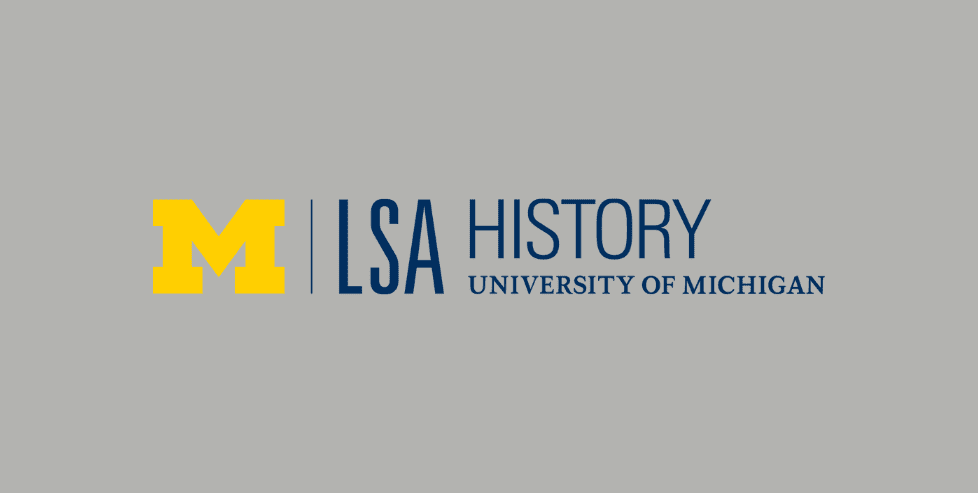*This course is associated with the 1817 Project project site.
Over the past two decades, the rubric of “inclusive history” has achieved a common currency in the United States, both within the discipline of History and across much of U.S. higher education. Today, you can find books, articles, conferences, websites, and university programs dedicated to its practice, including a large and ambitious Inclusive History Project (IHP) right here at UM. Less clear is what this term has come to signify over time. What values, methods, policies, and deliverables bind this groundswell together? And what would a transformative “inclusive history” look like across our three University of Michigan campuses? This collaborative, graduate-level research practicum will address these questions via the foundational project site of the IHP: the “1817 Project.” This emerging project involves an historical examination of the foundational land transfer by the Ojibwe, Odawa, and Bodewadami nations in the 1817 Treaty at the Foot of the Rapids/Fort Meigs that was part of our university’s origins in Detroit (1817) and subsequent relocation to Ann Arbor (1837).
Our hope is to better understand this complex process and its longer term consequences in relation to broader histories of Native American and Indigenous land dispossession in the Great Lakes Region and across North America. Work on the 1817 project site will include deep, collaborative research into the early history of the university and Michigan territory, but also how this history has been represented, occluded, contested, and addressed through more recent legal challenges, Native student activism, and statewide forms of legislation since the 1970s (e.g., the Michigan Indian Tuition Waiver). At the center of this story are policies of dispossession—policies the historian Michael Witgen has argued began to crystallize at the state and federal levels right here in SE Michigan. How did an emerging “political economy of plunder” developed by figures such as Lewis Cass (the first Governor of the Michigan territory and the first Chair of the UM Board of Regents) shape our university, state, and nation? How might we situate this local story in relation to broader debates over “land grab” universities and recent forms of “land back” activism?
The Literature, Science, and the Arts Course Guide linked below requires University of Michigan login credentials.



